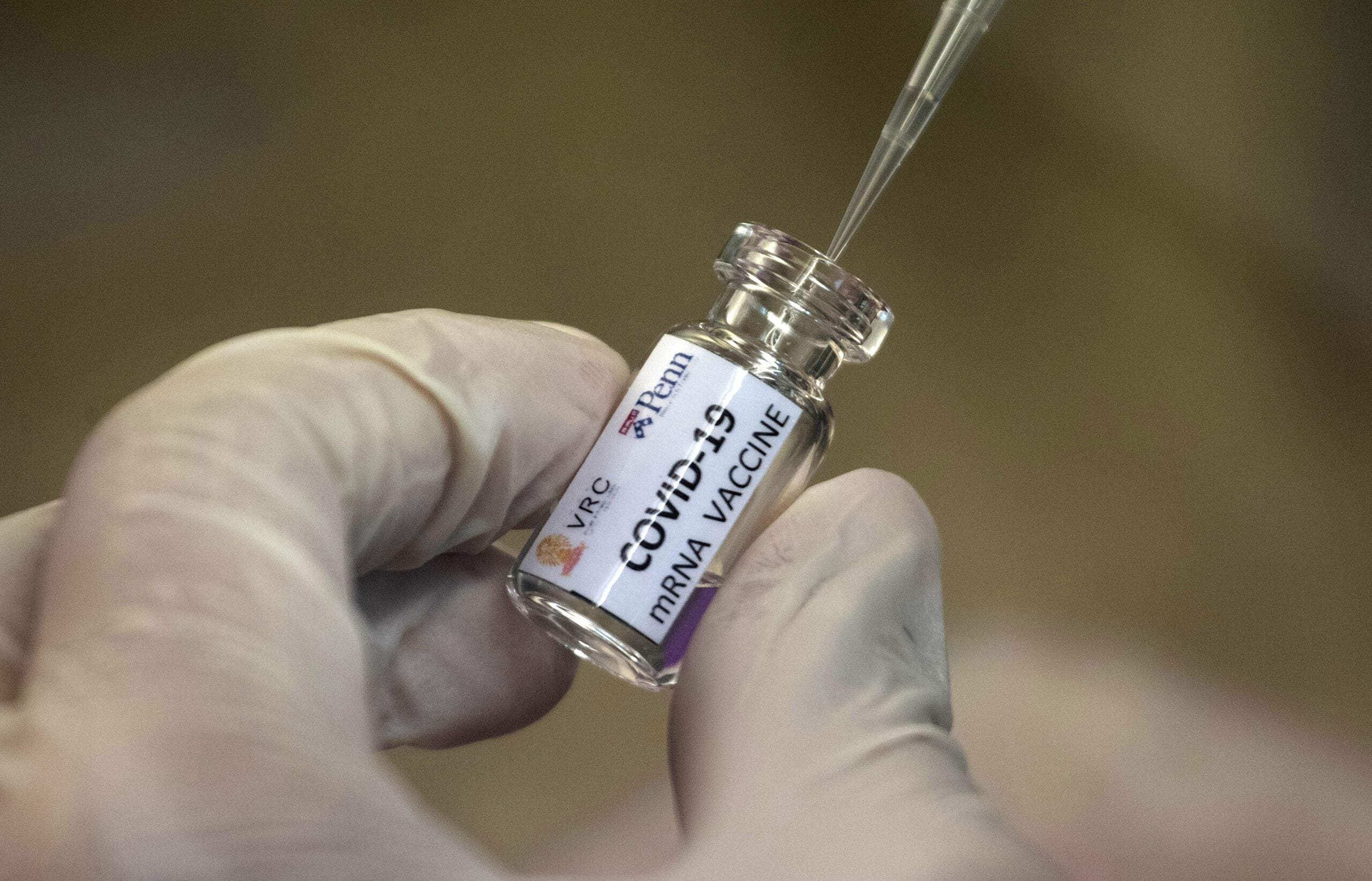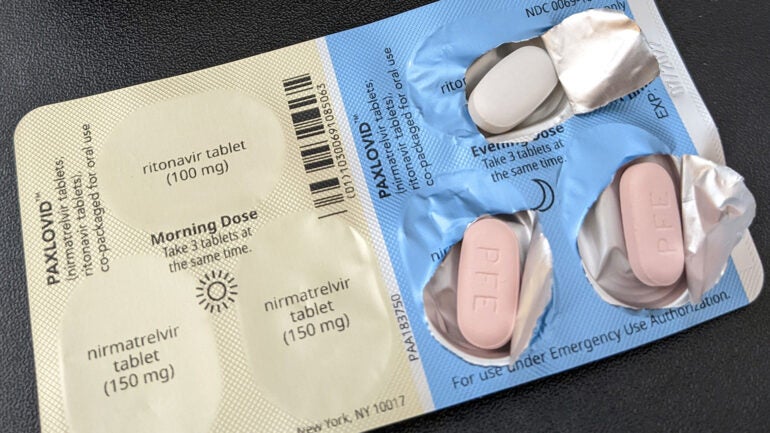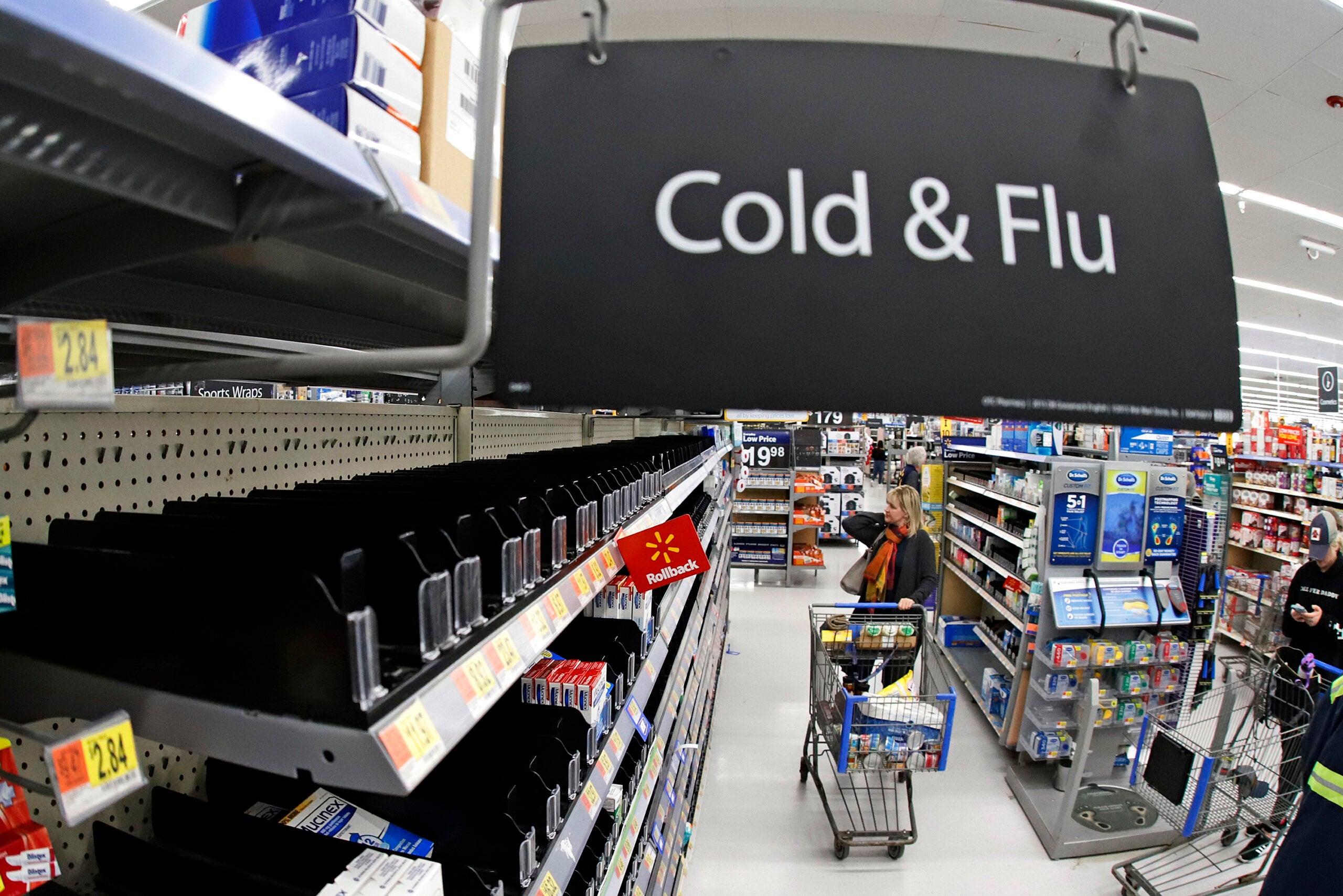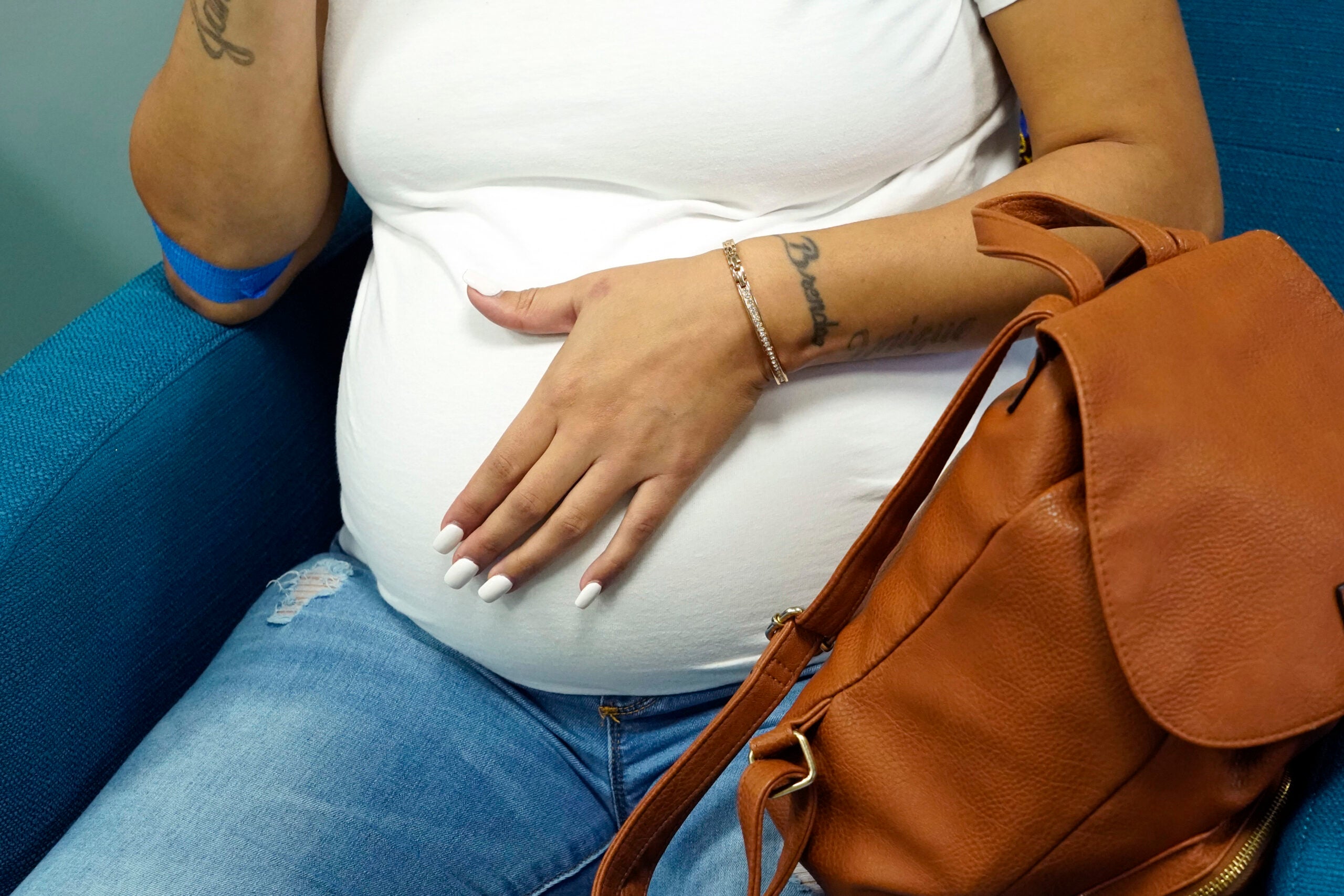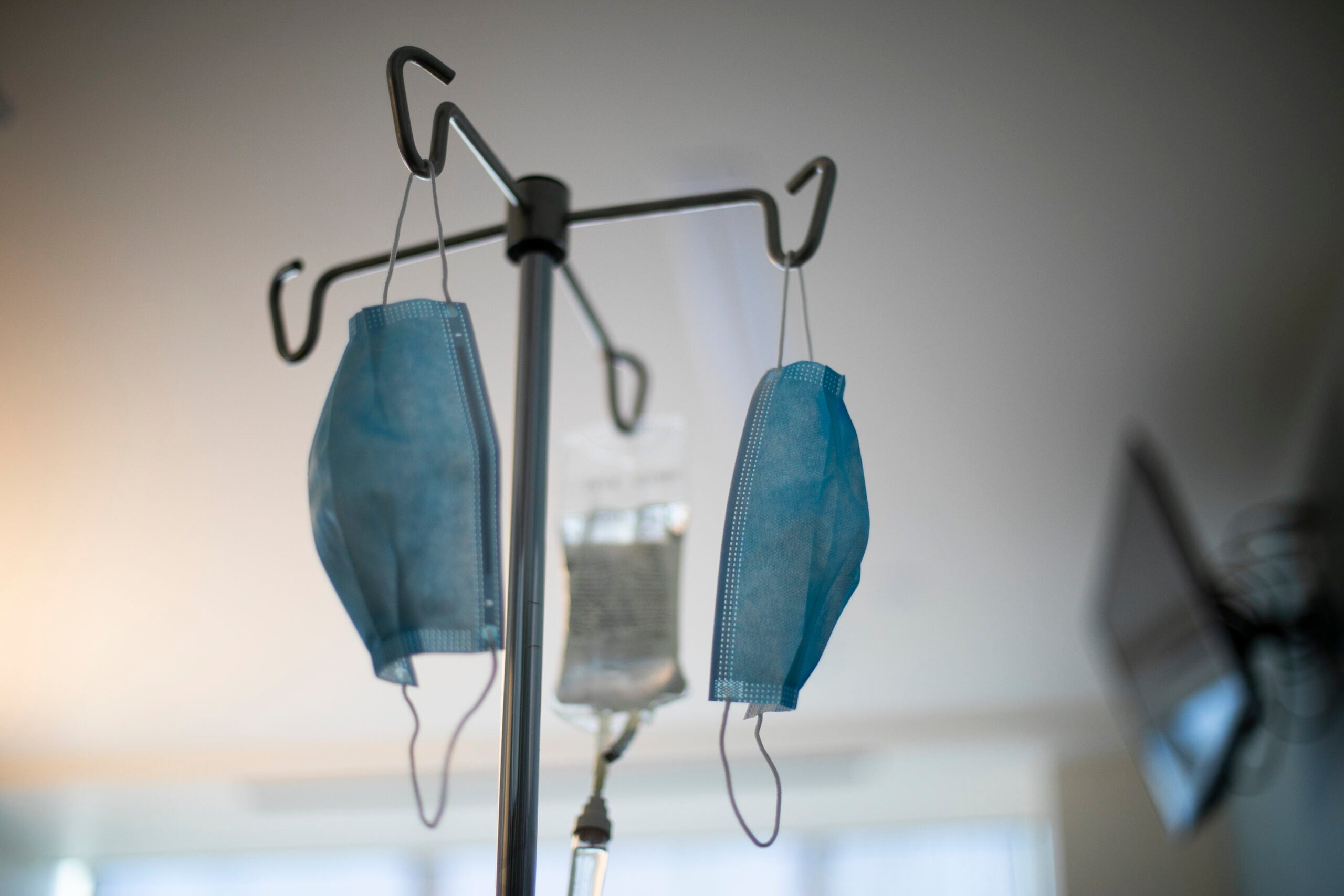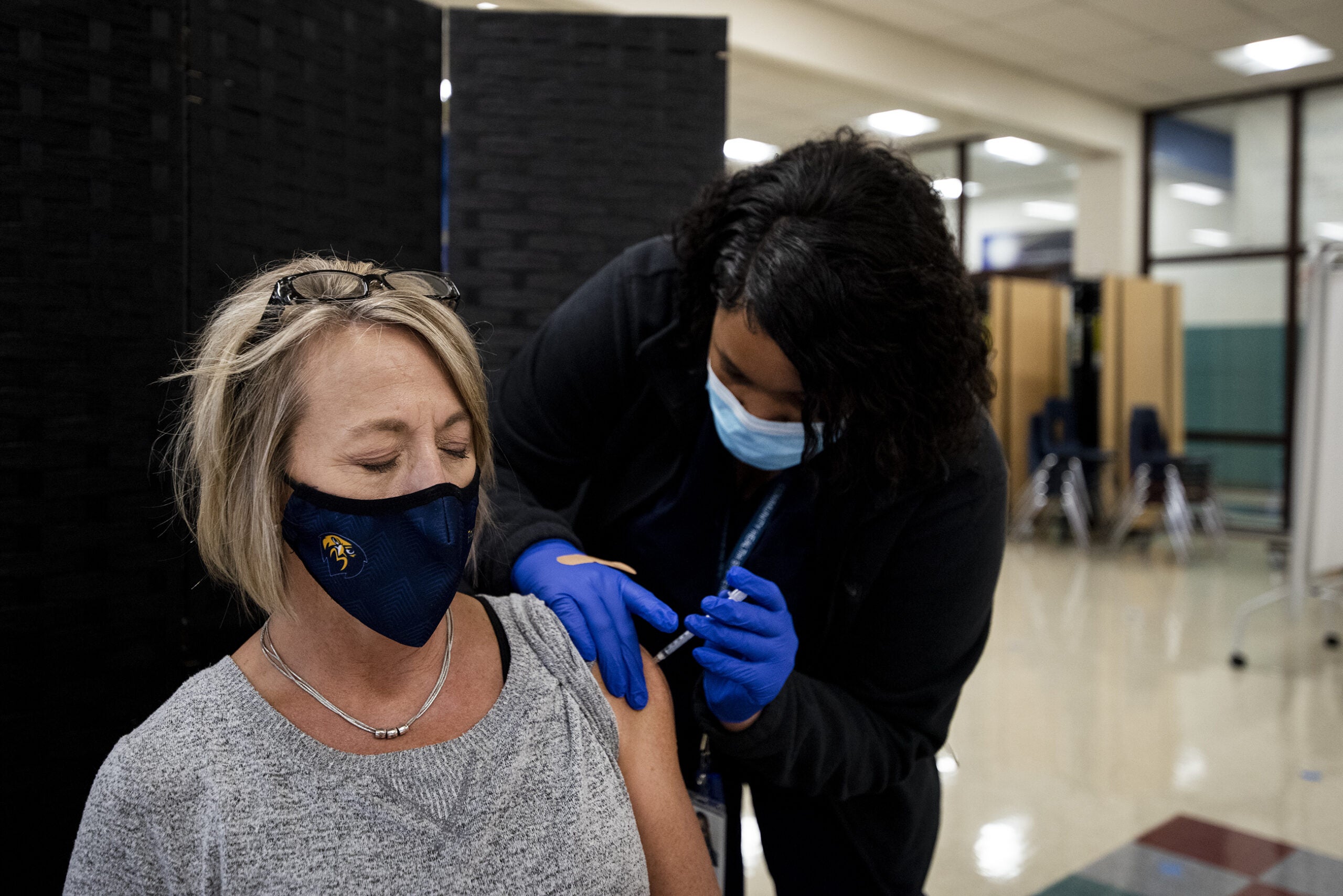Despite promising news about an experimental COVID-19 vaccine, many logistical questions remain for local health departments in Wisconsin.
On Monday, drugmaker Pfizer announced its experimental COVID-19 vaccine has been found to be 90 percent effective. But in Wisconsin, the planning for how an eventual vaccine will be distributed and by whom is still in the early stages.
In a Monday press release, the Wisconsin Department of Health Services encouraged health providers to enroll in the state’s COVID-19 Vaccine Program if they plan to administer vaccines once one becomes available to the public.
Stay informed on the latest news
Sign up for WPR’s email newsletter.
“We are urging providers that plan on providing COVID-19 vaccines to enroll in the program as early as possible,” said DHS Deputy Secretary Julie Willems Van Dijk. “The earlier we start enrolling vaccinators, the more prepared we will be when a safe and effective COVID-19 vaccine becomes available.”
La Crosse County Health Department media specialist Abbie Loos said the department will enroll in the program, though it isn’t certain what role it will play.
“We know that our health department will have a role,” said Loos. “We just don’t know yet what that role will be as it’s a little too soon.”
Marathon County Health Department spokesperson Judy Burrows also said her department will enroll in the state’s vaccination program. She said while a specific coronavirus vaccine hasn’t been given final approval yet, local health officials are working to cover their bases.
On Oct. 26, DHS released an executive summary of the state’s COVID-19 vaccination plan. The one-page document was vague and noted many vaccines are in development, though it did identify a phased approach to vaccinating the public.
The first phase would include vaccinations for health care workers exposed to or treating those with COVID-19 and high-risk populations living in nursing homes. The second phase, to be issued “when vaccine supply is sufficient,” would expand to include members of the general public.
DHS expects to participate in the federal pharmacy partner program that pairs long-term care and assisted living facilities with a vaccinating pharmacy. The document mentions local and tribal health departments along with hospitals “will also play significant roles in vaccinating critical populations,” though it was not specified what those populations are.
Burrows said even with so many unknowns, health departments and other health care providers have experience with mass vaccinations due to the H1N1 pandemic of the late 2000s.
The Pfizer vaccine and others in phase 3 trials require two doses and very low temperatures to keep the vaccine viable before it’s injected. Burrows said that is raising other questions for all health care providers.
“Ultimately, when we get to the point where we’re able to give vaccine to the general population, we need to make sure that logistically we have everything in place that we need to do so safely and effectively,” said Burrows. “And that includes things like cold storage of the vaccine.”
She said the Pfizer vaccine in particular needs to be stored at -90 degrees Fahrenheit.
“It very well could be that we need different equipment in order to assure that the vaccine stays cold,” said Burrows.
Dr. Jonathan Temte, associate dean for public health and community engagement at UW-Madison’s School of Medicine and Public Health, sits on a state subcommittee planning for the eventual COVID-19 vaccine distribution. He said there are numerous people in Wisconsin working hard to come up with the fairest and most ethical approach to distributing a COVID-19 vaccine to those who are at highest risk and those performing essential functions.
“So, it’s going to be very, very important to get this out, so we can start approaching life in a more normal manner again,” said Temte.
Another major hurdle for local, state and national health officials is convincing a majority of the public to get vaccinated against COVID-19. Burrows said education will be part of the preparation.
A Pew Research study in September found 51 percent of adults said they would definitely or probably get a vaccine if it were available now. But 49 percent said they definitely or probably would not get vaccinated at this time. Pew said the share of adults intending to get a vaccine fell 21 percent between May and September.
Wisconsin Public Radio, © Copyright 2024, Board of Regents of the University of Wisconsin System and Wisconsin Educational Communications Board.

